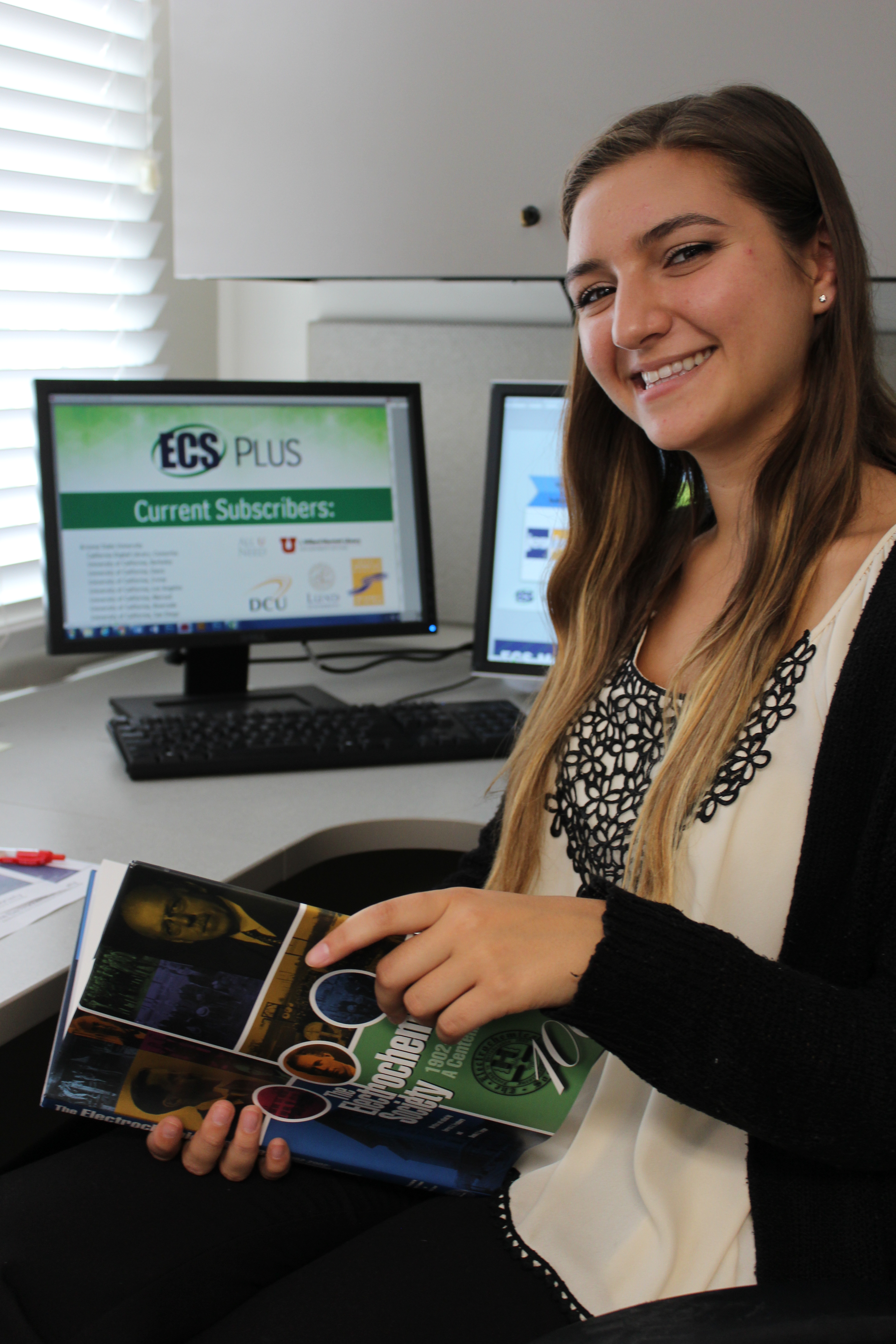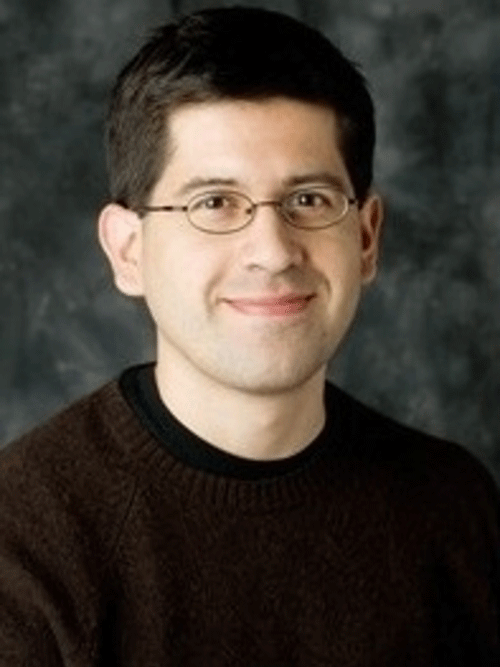 Stephen Maldonado is an associate professor at the University of Michigan, where he leads a research group that focuses on the study of heterogeneous charge transfer processes relevant to the fields of electronics, chemical sensing, and energy conversion/storage technologies. He was recently reappointed as an associate editor for the Journal of The Electrochemical Society (JES) in the area of physical and analytical electrochemistry, electrocatalysis, and photoelectrochemistry.
Stephen Maldonado is an associate professor at the University of Michigan, where he leads a research group that focuses on the study of heterogeneous charge transfer processes relevant to the fields of electronics, chemical sensing, and energy conversion/storage technologies. He was recently reappointed as an associate editor for the Journal of The Electrochemical Society (JES) in the area of physical and analytical electrochemistry, electrocatalysis, and photoelectrochemistry.
ECS: When did you become an ECS associate editor? What made you pursue an editorial role at ECS?
Stephen Maldonado: I started my time as an ECS associate editor in 2014. I pursued the opportunity for two different reasons. The minor reason was that I was genuinely curious about the “sausage making” process of accepting/rejecting a paper. That is, as an author, I had prepared and submitted plenty of papers but I had little idea about the other side of it. I had reviewed plenty of papers, too, but how those reviews factored into the final fate of the submission was a mystery.
The major reason, though, is that electrochemistry has been a principal aspect of my adult life. I got into science because, at a fundamental level, I thought electrochemistry was cool. Accordingly, my interests were aligned with the ECS at the start and it has been a major influence on my professional development. After getting tenure, I felt the time was right to give back to this community. So when I was asked to consider the position, I jumped at the chance.


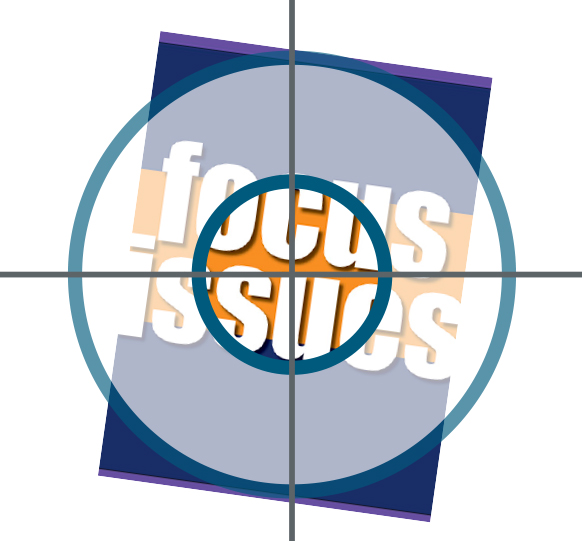 Submit your manuscripts to the Journal of The Electrochemical Society
Submit your manuscripts to the Journal of The Electrochemical Society 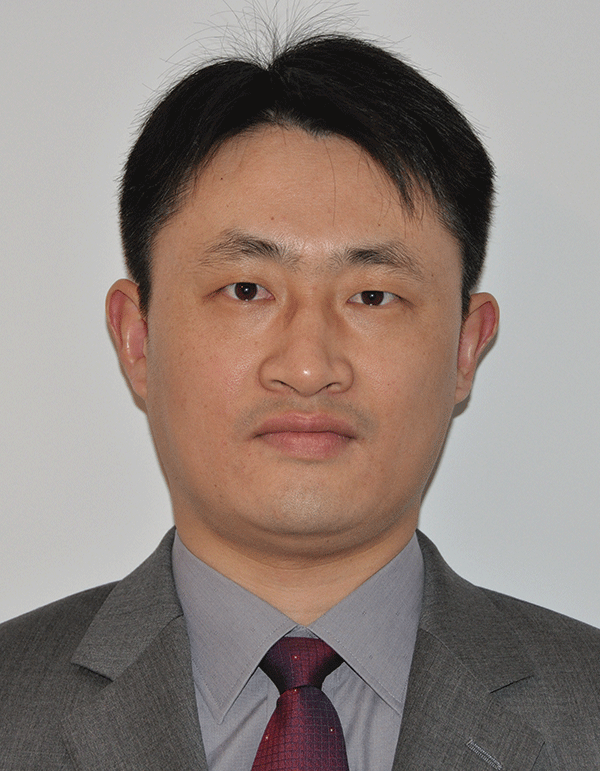 Minhua Shao is an associate professor at the Hong Kong University of Science and Technology, where he leads a research group pursuing work in advanced material and electrochemical energy technologies. Shao’s current work focuses on electrocatalysis, fuel cells, lithium-ion batteries, lithium-air batteries, CO2 reduction, and water splitting. Shao was recently named an associate editor of the
Minhua Shao is an associate professor at the Hong Kong University of Science and Technology, where he leads a research group pursuing work in advanced material and electrochemical energy technologies. Shao’s current work focuses on electrocatalysis, fuel cells, lithium-ion batteries, lithium-air batteries, CO2 reduction, and water splitting. Shao was recently named an associate editor of the  Over the summer, librarians and academic leaders in Germany came together to lead a push in taking down the paywalls that block access to so many scientific research articles. The initiative, named
Over the summer, librarians and academic leaders in Germany came together to lead a push in taking down the paywalls that block access to so many scientific research articles. The initiative, named 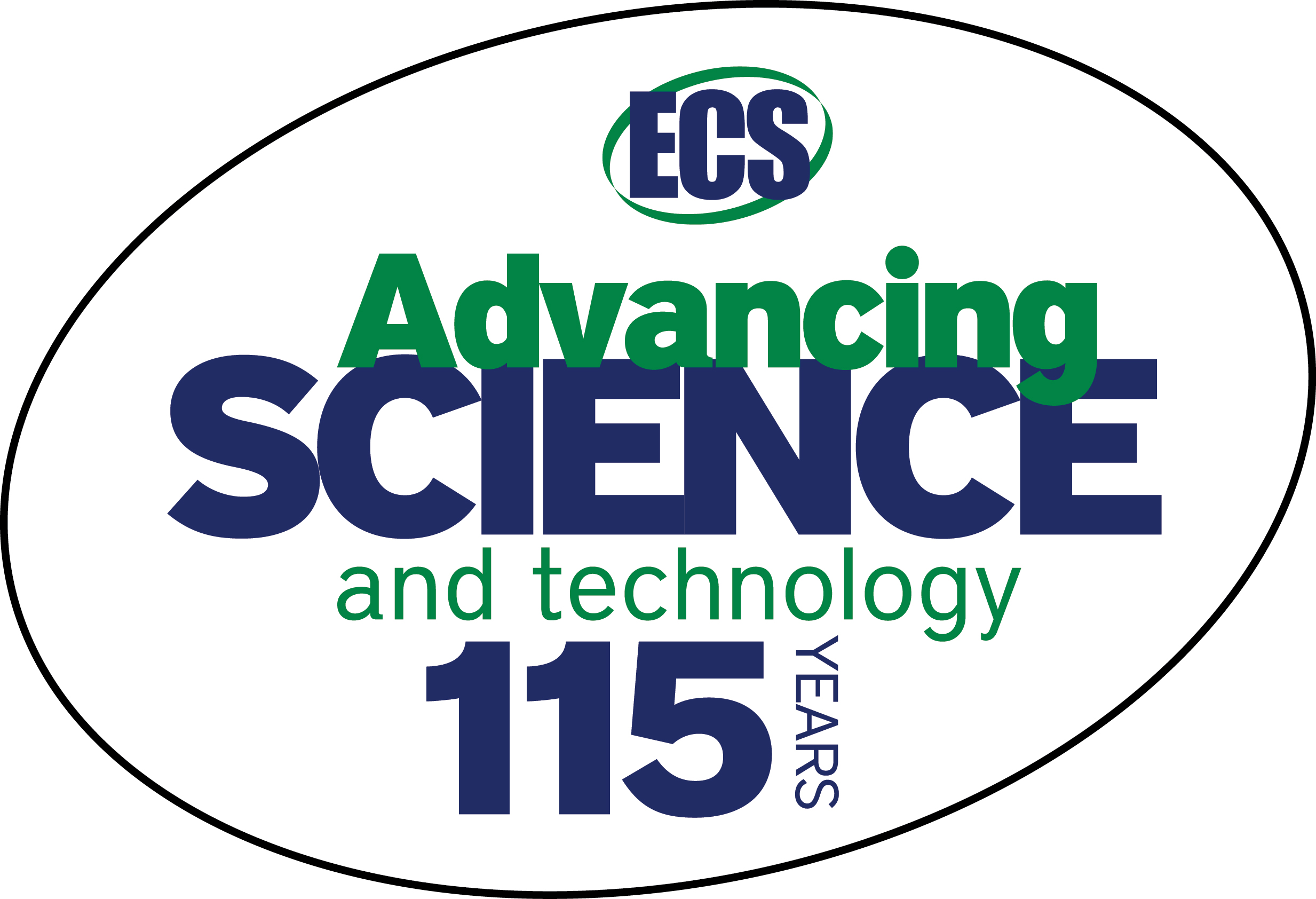 In addition to the
In addition to the 